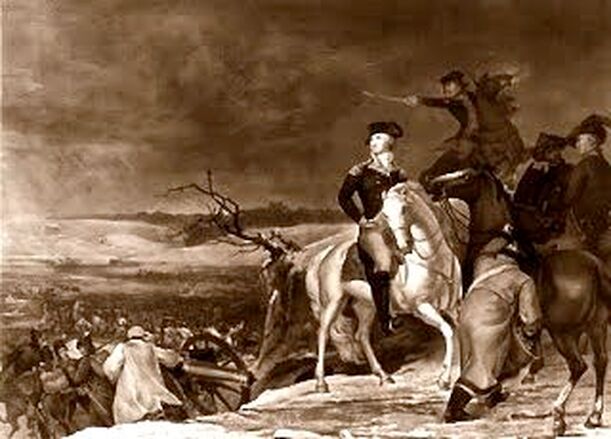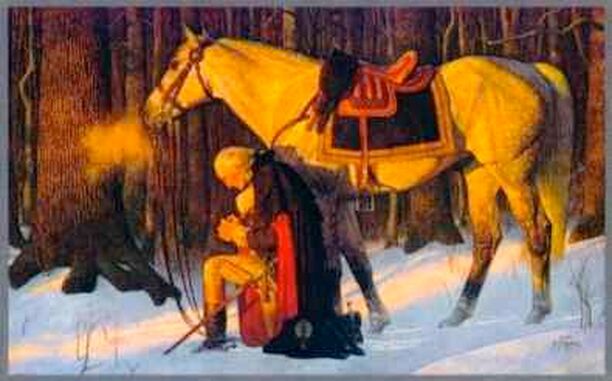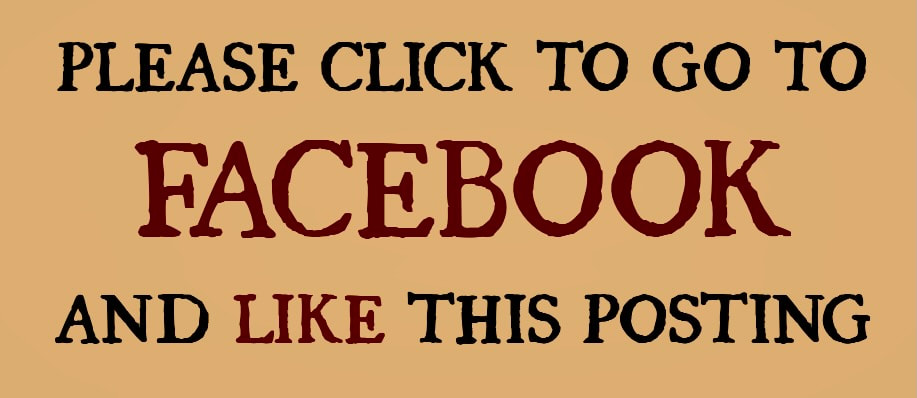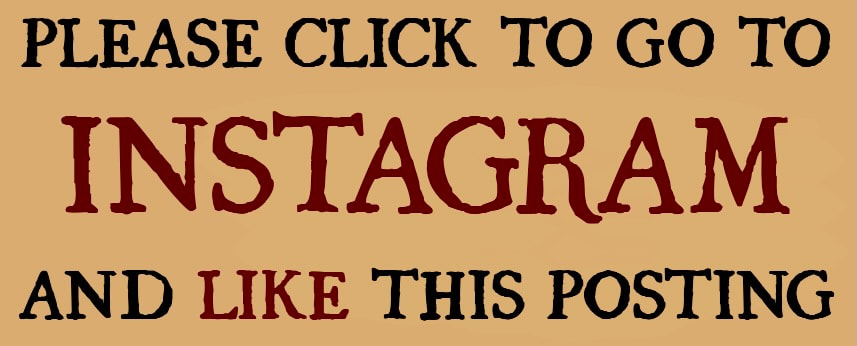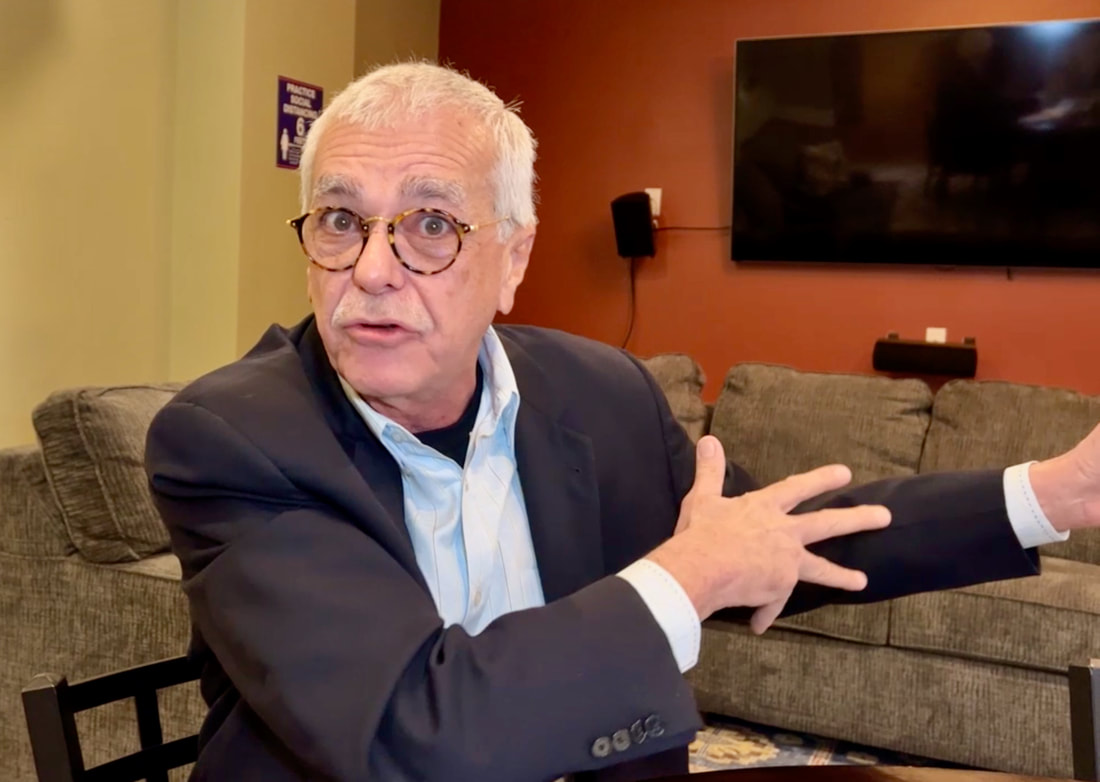5. On HBO, the Black Legend Lives
|
By Miguel Pérez
April 1, 2008 - Watching the Founding Fathers and their historic creation of a new nation, even in a dramatization, always makes me feel proud to be an American. But just when I expected "John Adams" to make me feel proud to be a Latino, too, the new HBO miniseries did a huge fast forward, skipping almost the entire Revolutionary War and leaving the contributions of Latinos totally out of the picture. It doesn't surprise me. That kind of omission is precisely what history books have been doing for centuries. Just as I finished writing a column last week, describing how the positive contributions of Hispanics have been omitted from American history, I saw one more huge omission on my TV. As I explained that such omissions started in 16th-century Europe, part of a deliberate campaign by British and Dutch writers to malign the image of the Spanish and their descendants in the Americas, I saw that such omissions still occur today. Just as I noted that the unfair and biased depiction of Hispanics was called "The Black Legend" by Spanish writers who protested against the slurs and omissions, I saw "The Black Legend" on my TV. In this new re-creation of American history, we saw Adams and Benjamin Franklin in Europe trying to raise money for the American Revolution and getting rejected by the Dutch and getting insufficient support from the French. We heard Adams pleading for help for a Revolutionary Army that was on the verge of disintegrating because George Washington's men were hungry, ill-equipped and hadn't been paid. |
And then suddenly, swish, flash-forward, the British were defeated, and the Revolution was over. Where they got the money to feed and equip Washington's Army was omitted, as usual.
Incredibly, just like the history books, instead of citing the places where the Founding Fathers found the money to finance their war of independence, the HBO miniseries cited the European places where Adams and Franklin were rejected or offered insufficient assistance.
In fact, most of the money came from Havana — "the Ladies of Havana," to be precise.
Although it is well-documented, few are the history books that tell us that Washington, known to conduct himself very properly, threw his hat in the air in a rare display of joy when he heard that the money his troops needed had been raised by Cuban and Spanish women who gave up their jewelry to finance America's freedom.
Few are the American historians who note that within only a few hours, the Cubans raised what is the equivalent of $28 million in today's money and that American independence was secured with Spanish silver dollars.
Of course, among these absent-minded historians there are exceptions: "That sum collected (by the Ladies of Havana) must be considered as the ground whereon was erected the American independence," wrote American historian Stephen Bonsal.
There is even an eyewitness description of the moment when Washington's troops got the news. As French Gen. Comte de Rochambeau, an American ally, wrote in his memoirs, "The joy was enormous when it was received, the money from Havana: The contribution of 800,000 silver pounds, which helped stop the financial bankruptcy (of the Revolutionary Army) and raised up the moral spirit of the Army that had begun to dissolve."
Imagine the wonderful scene that would have made in the HBO miniseries. Imagine Washington and his troops receiving food, ammunition and impetus to march on to victory, especially when they read the inscription on the box containing the donation from the Cuban women: "So the American mothers' sons are not born as slaves."
Imagine how much more today's Americans would understand and appreciate their Latino neighbors if they knew this part of American history.
Yet this nearly forgotten event is just one of many crucial periods of history when American historians — prolonging The Black Legend they inherited from their British ancestors — ignored or diminished the role of Latinos in North America, starting with the United States' war of independence.
Most Americans don't know that Hispanics fought and died for the very birth of our nation; that the war against the British also was fought by Spaniards, Cubans, Puerto Ricans, Dominicans, Venezuelans and Mexicans; or that they won major battles in places such as Mobile, Ala., and Pensacola, Fla. That's a subject for at least another chapter in this occasional series on Latino contributions to American society.
If HBO had not done a fast forward at such a crucial moment in U.S. history, we would have seen that the money, supplies, ammunition and soldiers that Spain and the Spanish colonies gave to the 13 Colonies was of utmost importance in bringing about the successful conclusion of the American Revolution.
The miniseries "John Adams" still makes me feel proud to be an American. But after filling the gaps in history, I also feel proud to be a Latino.
COPYRIGHT 2008 CREATORS SYNDICATE INC.
Incredibly, just like the history books, instead of citing the places where the Founding Fathers found the money to finance their war of independence, the HBO miniseries cited the European places where Adams and Franklin were rejected or offered insufficient assistance.
In fact, most of the money came from Havana — "the Ladies of Havana," to be precise.
Although it is well-documented, few are the history books that tell us that Washington, known to conduct himself very properly, threw his hat in the air in a rare display of joy when he heard that the money his troops needed had been raised by Cuban and Spanish women who gave up their jewelry to finance America's freedom.
Few are the American historians who note that within only a few hours, the Cubans raised what is the equivalent of $28 million in today's money and that American independence was secured with Spanish silver dollars.
Of course, among these absent-minded historians there are exceptions: "That sum collected (by the Ladies of Havana) must be considered as the ground whereon was erected the American independence," wrote American historian Stephen Bonsal.
There is even an eyewitness description of the moment when Washington's troops got the news. As French Gen. Comte de Rochambeau, an American ally, wrote in his memoirs, "The joy was enormous when it was received, the money from Havana: The contribution of 800,000 silver pounds, which helped stop the financial bankruptcy (of the Revolutionary Army) and raised up the moral spirit of the Army that had begun to dissolve."
Imagine the wonderful scene that would have made in the HBO miniseries. Imagine Washington and his troops receiving food, ammunition and impetus to march on to victory, especially when they read the inscription on the box containing the donation from the Cuban women: "So the American mothers' sons are not born as slaves."
Imagine how much more today's Americans would understand and appreciate their Latino neighbors if they knew this part of American history.
Yet this nearly forgotten event is just one of many crucial periods of history when American historians — prolonging The Black Legend they inherited from their British ancestors — ignored or diminished the role of Latinos in North America, starting with the United States' war of independence.
Most Americans don't know that Hispanics fought and died for the very birth of our nation; that the war against the British also was fought by Spaniards, Cubans, Puerto Ricans, Dominicans, Venezuelans and Mexicans; or that they won major battles in places such as Mobile, Ala., and Pensacola, Fla. That's a subject for at least another chapter in this occasional series on Latino contributions to American society.
If HBO had not done a fast forward at such a crucial moment in U.S. history, we would have seen that the money, supplies, ammunition and soldiers that Spain and the Spanish colonies gave to the 13 Colonies was of utmost importance in bringing about the successful conclusion of the American Revolution.
The miniseries "John Adams" still makes me feel proud to be an American. But after filling the gaps in history, I also feel proud to be a Latino.
COPYRIGHT 2008 CREATORS SYNDICATE INC.

